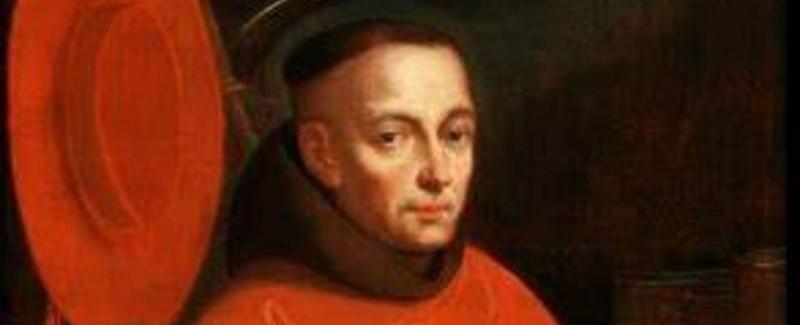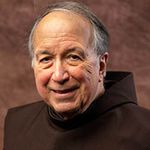Saint Bonaventure: Theologian and Doctor of the Church

On July 15, the entire Church joins Franciscans in celebrating the memory of St. Bonaventure (1217/21-1274), Doctor of the Church.
Student of theology
A native of the Italian town of Bagnoregio, about 90 miles from Rome, Bonaventure was educated at the University of Paris, where he joined the Friars Minor in 1243 as a young master of arts. There he studied under Alexander of Hales, one of the principal masters of theology at the University who had joined the Friars Minor in 1236, founding the Franciscan School of Theology.

Civita di Bagnoregio, ancient city on rocks in Italy.
Effective guide for his Franciscan brothers
Bonaventure himself continued in Paris, teaching at the Franciscan School from 1248-1257, where he became regent master. Here he became one of the leading Scholastic theologians of the day. His eloquence and writings defending the friars' way of life caused him to be elected General Minister of the Order in 1257. In this role he guided his brothers effectively for 17 years as they moved into many dimensions of Church ministry.

The medieval refectory of the Franciscan house of studies in Paris survived the destruction of the rest of the friary and is now part of the School of Medicine of the University of Paris.
Negotiator of a union of the church of Constantinople
In 1273 he was named Cardinal Bishop of Albano and was a leader at the Second Council of Lyons, where he died on July 15, 1274, after helping to negotiate a union of the church of Constantinople with Rome.

The "Grand Couvent" of the Franciscan friars at the University of Paris, where Bonaventure spent much of his life, was dedicated to Mary Magdalen. This picture portrays the complex as it had developed by the 18th century. The vast church (left) and most of the conventual buildings were destroyed during the French Revolution.
Contributor of profound written works
Bonaventure left a vast heritage as a multifaceted writer, contributing profound works of Scholastic theology, Biblical commentaries, and spiritual treatises.
All learning must help person toward union with a loving God
Bonaventure emphasizes that all learning must serve the ultimate goal of human life - that is, to help a person realize that he or she is on a journey toward union with a loving God, without whom we are incomplete. The following passage from his treatise, "The Tree of Life," captures this thrust of his thought:
You soul devoted to God, whoever you are, run with living desire to this Fountain of life and light and with the innermost power of your heart cry out to him. . .
O inaccessible beauty of the most high God and the pure brightness of the eternal light, life vivifying all life, light illumining every light, and keeping in perpetual splendor a thousand times a thousand lights brilliantly shining before the throne of your divinity since the primeval dawn!. . .
Dominic Monti, OFM
Professor of Franciscan Research in the Franciscan Institute of St. Bonaventure University
Dominic V. Monti, OFM, is a Franciscan Friar of Holy Name Province (USA) and currently professor of Franciscan Research in the Franciscan Institute of St. Bonaventure University. He devoted the greater part of his ministry to teaching the History of Christianity, in particular the history of the Franciscan movement. He has contributed two volumes to the Works of St. Bonaventure series and is author of Francis & His Brothers, a popular history of the Friars Minor.

